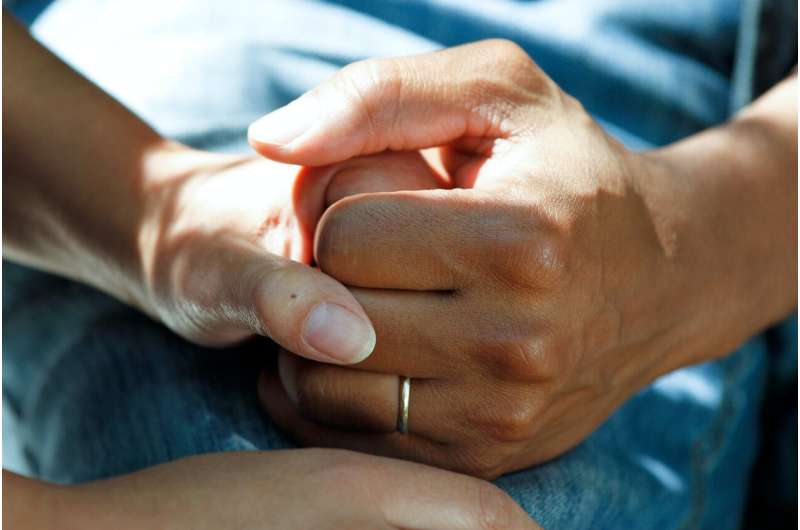
New research from Swansea University suggests that a simple nurse- or carer-led medicines’ monitoring system can help reduce medication-related illness for people living in residential care homes—and the process takes just a few minutes per patient.
The research paper published in the PLOS ONE journal looked how the monitoring system, known as the Adverse Drug Reaction Profile (ADRe-p), can help nurses or carers identify medicines’ mismanagement or adverse drug reactions in patients prescribed multiple medicines, and can help avoid medication-related harm and improve prescribing.
Professor Sue Jordan, who led the study said: “The problem presented by the scale and complexity of inadvertent harm from both use and misuse of medicines is very real, which is reflected in the World Health Organisation’s (WHO) Third Global Patient Safety Challenge aiming to reduce avoidable medication-related harm by 50% by next year.
“Our study took place in three independent private sector registered care homes. All the homes were very good, and we witnessed excellent nursing care. Nevertheless, ADRe helped to improve medicines management. Nurses or carers using the ADRe monitoring system identified possible medication-related harms and, following a review by doctors or pharmacists, new medication regimens were introduced.
The outcomes for the 19 patients involved meant that:
- 6 residents were no longer in pain
- 3 no longer experienced convulsions
- 3 no longer experienced aggression
- 2 had swallowing difficulties treated
- 4 no longer reported insomnia
- 1 had breathing difficulties treated
- 2 had their laxative prescriptions adjusted to reduce diarrhea
- falls ceased for 2 residents (of 4 noted as falling and of 5 able to stand).
The research team also found that few new problems arose, there was no clinical deterioration, and no harms were associated with the intervention.
Source: Read Full Article
